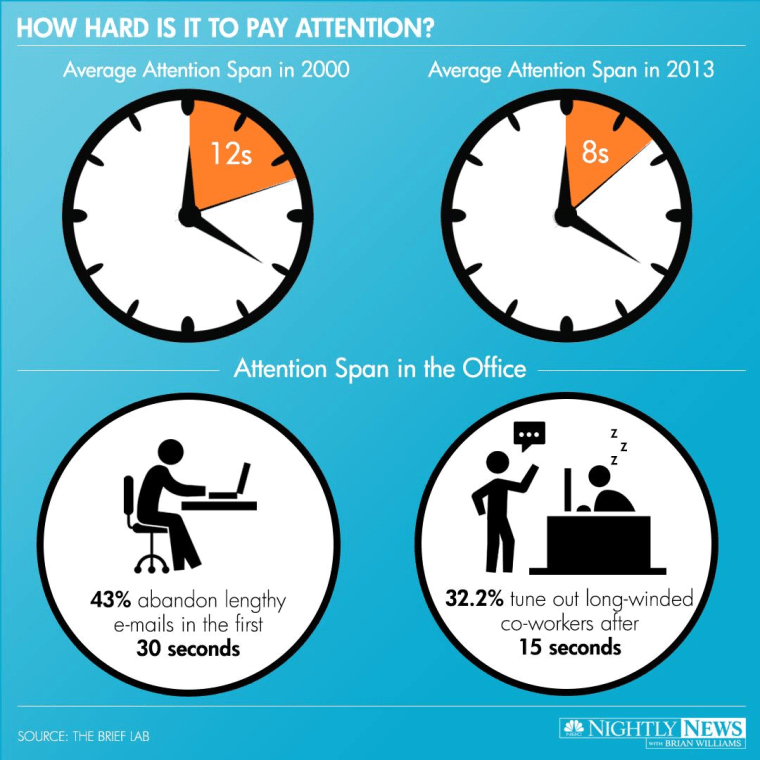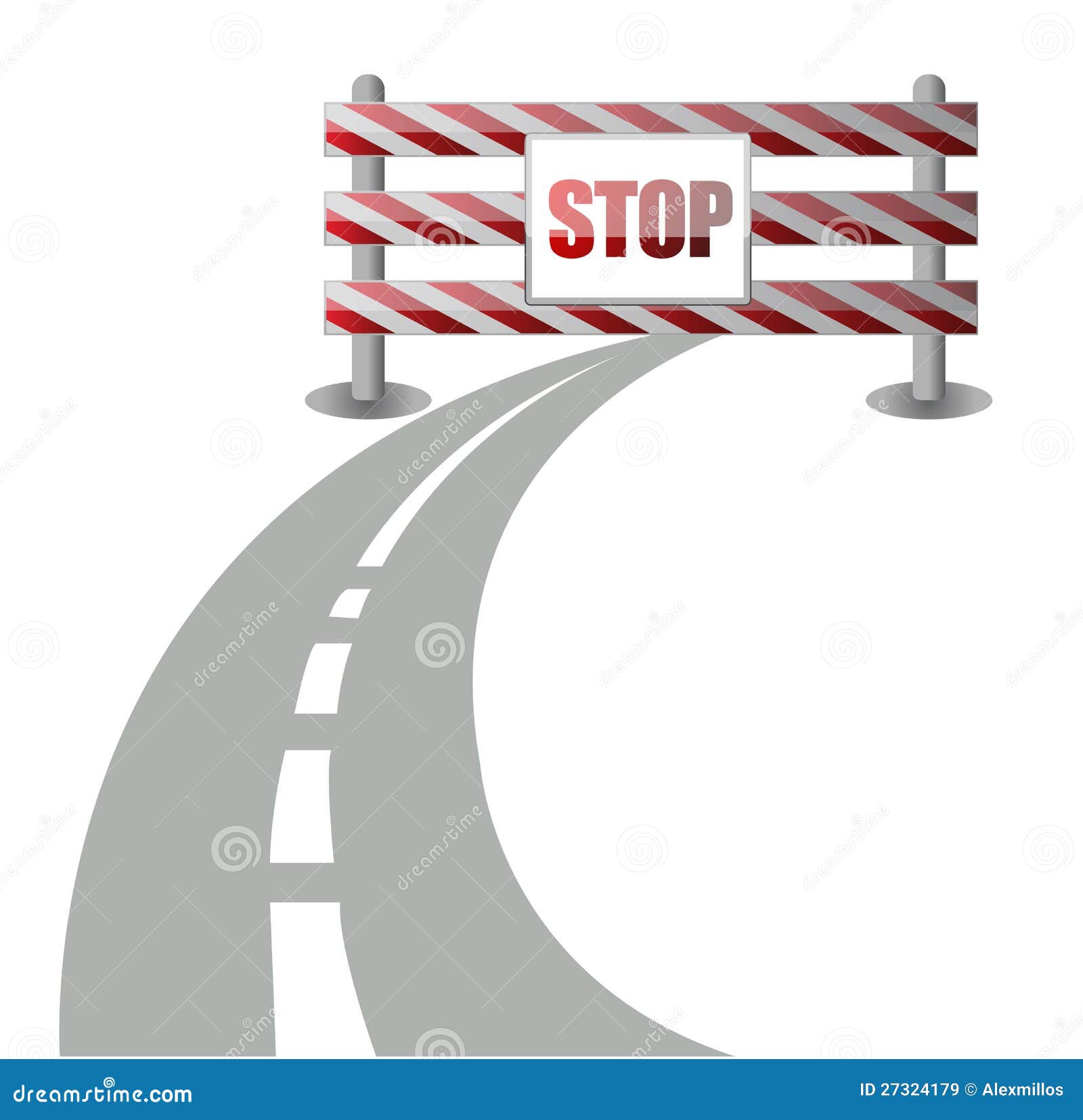TikTok And ADHD: Is The Algorithm Making Us Question Our Attention Spans?

Table of Contents
TikTok's Algorithm: A Perfect Storm for Short Attention Spans
TikTok's algorithm is expertly designed to keep users engaged, but this very design might be contributing to shorter attention spans. The combination of its features creates a potent cocktail that can be particularly challenging for those with ADHD.
The Design of Endless Scrolling
The infinite scroll design is a key component. It eliminates natural stopping points, encouraging continuous consumption. This mirrors the impulsive nature often associated with ADHD.
- Dopamine Rush: Each like, comment, and new video triggers a dopamine release, reinforcing the behavior and making it difficult to stop.
- Lack of Breaks: The seamless transition between videos removes the natural pauses that would normally allow for reflection and a shift in focus.
- Passive Consumption: The ease of scrolling encourages passive consumption, requiring minimal mental effort and reducing the opportunity for deeper engagement with any single piece of content.
Personalized Content & Hyper-Specific Niches
TikTok's algorithm personalizes the For You Page (FYP), creating a feed tailored to individual interests. While this is a positive for many, it can lead to hyper-focus on specific content, potentially at the expense of other responsibilities.
- The Rabbit Hole Effect: The algorithm expertly guides users down a rabbit hole of increasingly similar content, making it difficult to disengage and shift focus to other tasks.
- Escapism and Avoidance: The immersive nature of TikTok can become a form of escapism, providing a temporary distraction from real-world responsibilities and anxieties. This can be particularly problematic for those with ADHD who already struggle with task initiation and completion.
- Niche Communities: The platform fosters highly specific niche communities, further contributing to hyper-focus and the potential for neglecting other aspects of life.
Short-Form Video & Attention Deficit
TikTok's short-form video format is inherently designed for shorter attention spans. This might exacerbate existing challenges for individuals with ADHD.
- Video Length: The average TikTok video is significantly shorter than traditional forms of media like television shows or films.
- Sustained Attention: This constant barrage of short videos can make it more difficult to cultivate sustained attention for longer, more complex tasks.
- Information Processing: After prolonged TikTok use, processing longer, more complex information can become more challenging.
ADHD & TikTok: A Pre-Existing Condition or an Exacerbating Factor?
The relationship between TikTok and ADHD is complex. It's not necessarily that TikTok causes ADHD, but its design and features may significantly worsen pre-existing challenges.
Existing Challenges with Focus and Impulsivity
Individuals with ADHD often experience challenges with focus, impulsivity, and emotional regulation. TikTok's design can directly impact these areas.
- Increased Distractibility: The constant stream of visually stimulating content can make it exceptionally difficult for easily distractible individuals to maintain focus on other tasks.
- Time Management Difficulties: The addictive nature of the app can lead to significant difficulties in managing time and prioritizing tasks. Time spent on TikTok might displace time allocated to work, studies, or other important responsibilities.
The Role of Dopamine & Reward Systems
TikTok’s reward system, based on likes, comments, and shares, plays on the brain's reward system. This can be particularly problematic for individuals with ADHD who often experience imbalances in dopamine levels.
- Dopamine Rush and Reinforcement: The unpredictable nature of receiving likes and comments creates a dopamine rush, reinforcing the impulsive behavior of checking the app frequently.
- Impulsive Behavior: This dopamine-driven feedback loop can exacerbate impulsive behaviors, making it harder to resist the urge to constantly check TikTok.
- Dopamine Regulation: Individuals with ADHD already face challenges regulating dopamine levels; TikTok's design can further disrupt this delicate balance.
Self-Diagnosis and Misinformation
It's crucial to emphasize that TikTok usage alone is not a diagnostic criterion for ADHD. Self-diagnosis based on anecdotal evidence can be dangerous.
- Professional Diagnosis: A proper diagnosis of ADHD requires a comprehensive evaluation by a qualified healthcare professional.
- Dangers of Anecdotal Evidence: Relying solely on online forums or personal experiences to diagnose ADHD can lead to inaccurate conclusions and delay appropriate treatment.
- Seeking Professional Help: Individuals concerned about their attention span or impulsivity should consult a psychiatrist, psychologist, or other qualified mental health professional.
Strategies for Healthy TikTok Consumption (For Everyone!)
Even without ADHD, excessive TikTok use can be detrimental. These strategies benefit everyone, but are especially important for those seeking to manage their time and attention better.
Setting Time Limits and Boundaries
Consciously managing your TikTok usage is key. Setting limits and adhering to them are crucial steps.
- Screen Time Tracking Apps: Utilize apps to track your screen time and set daily or session limits.
- Scheduled Usage: Dedicate specific times for TikTok, treating it as you would any other scheduled activity.
- Taking Regular Breaks: Plan breaks away from your phone and social media to allow your mind to rest and refocus.
Mindful Consumption and Content Selection
Be more intentional about your TikTok consumption. Actively choose content that aligns with your values and goals.
- Positive Content: Follow accounts that promote positivity, well-being, and productivity.
- Unfollowing Accounts: Unfollow accounts that trigger negative emotions, anxieties, or unproductive behaviors.
- Active Engagement: Engage actively with the content you consume—comment, share, and participate in discussions. Avoid passive scrolling.
Seeking Professional Help
If you're struggling with attention, impulsivity, or other related challenges, seeking professional help is essential.
- Finding Therapists: Utilize online resources to find therapists or ADHD specialists in your area.
- Support Groups: Connect with support groups or online communities for individuals with ADHD.
- Professional Guidance: Professional guidance can provide crucial strategies for managing ADHD and navigating the complexities of digital media consumption.
Conclusion
The relationship between TikTok and ADHD is multifaceted. While TikTok itself doesn't cause ADHD, its algorithm and design features might exacerbate existing challenges related to attention, focus, and impulsivity. Understanding the potential impact of TikTok on attention spans is crucial, particularly for individuals with ADHD. Is your TikTok usage impacting your focus? Understand the potential connection between TikTok and ADHD and take control of your digital well-being. Explore strategies for mindful consumption and seek professional help if needed. Managing TikTok usage effectively, and understanding its potential impact on attention span and ADHD, is key to a healthier digital life. Take charge of your screen time and prioritize your mental well-being.

Featured Posts
-
 The Brain Drain Trumps Funding Cuts And The Global Race For American Scientists
Apr 29, 2025
The Brain Drain Trumps Funding Cuts And The Global Race For American Scientists
Apr 29, 2025 -
 Pw C Us Partners Ordered To Sever Brokerage Ties Following Internal Probe
Apr 29, 2025
Pw C Us Partners Ordered To Sever Brokerage Ties Following Internal Probe
Apr 29, 2025 -
 Toxic Chemical Fallout Ohio Derailments Impact On Building Contamination
Apr 29, 2025
Toxic Chemical Fallout Ohio Derailments Impact On Building Contamination
Apr 29, 2025 -
 Are Trump Tariffs To Blame For Temus Higher Prices In The Us
Apr 29, 2025
Are Trump Tariffs To Blame For Temus Higher Prices In The Us
Apr 29, 2025 -
 Dsps Top Performing India Fund A Cautious Approach To The Stock Market
Apr 29, 2025
Dsps Top Performing India Fund A Cautious Approach To The Stock Market
Apr 29, 2025
